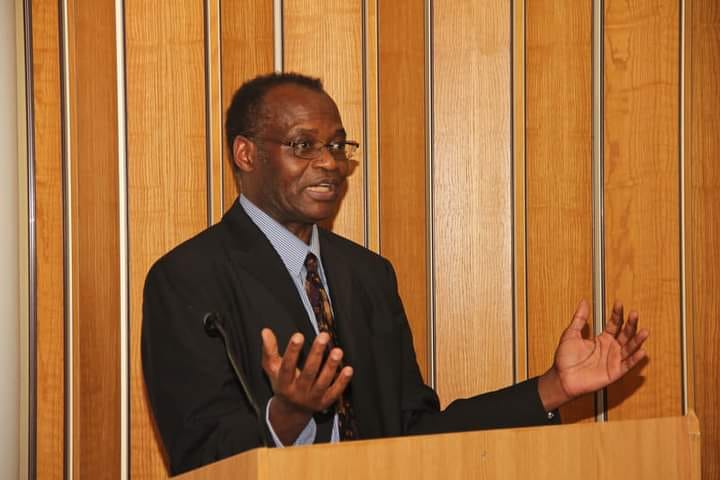Prof. Ndulo Defends NAPSA’s Role in PPPs, Highlights Global Pension Fund Practices
US-based Zambian Constitutional Making Expert, Professor Muna Ndulo, has defended the National Pension Scheme Authority (NAPSA)’s involvement in Public-Private Partnerships (PPPs), arguing that such investments are standard practice among pension funds globally.
Speaking at a discussion held at the Southern African Institute for Policy and Research (SAIPAR) Muna Ndulo Campus in Lusaka, Prof. Ndulo emphasized that the critical issue is the profitability of NAPSA’s investments, rather than their mere existence.
“There is nothing sinister about NAPSA’s involvement in certain investments like PPPs,” Prof. Ndulo stated. “The key question should be whether these investments are profitable. Pension funds worldwide, including those in real estate markets such as New York, are major investors because the goal is to generate income for the fund.”
Prof. Ndulo stressed that if NAPSA’s investments can double the fund’s money, then there should be no concern, as this is a common practice among other pension funds globally. However, he cautioned that unprofitable investments should be avoided, as they would represent poor investment decisions.
The remarks were made during a discussion on the Policy Brief on Advancing Zambia’s Public-Private Partnership Framework, which was officially opened by SAIPAR Executive Director, Prof. Manenga Ndulo. The event focused on the role of public participation in the success of PPPs.
Dr. Tinenenji Banda, a Research Fellow and Associate Director at SAIPAR, also spoke at the event, highlighting the risks associated with public discontent in PPP projects. Dr. Banda noted that public participation is often overlooked by the government in their eagerness to launch PPP agreements, but she stressed that it is essential for the long-term success of such projects.
“Public participation is not a waste of money; in fact, it’s one of the fundamental tools to underpin the project,” Dr. Banda said. “Public support is invaluable, and underestimating the cost of a lack of support can be detrimental.”
Dr. Banda emphasized that engaging the public early in the PPP process allows them to see how these projects can align with their broader aspirations. She warned that public misconceptions about PPPs, particularly regarding the role of institutions like NAPSA as investment vehicles, could lead to disruptions and even the closure of projects.
Citing an example from Zambia, Dr. Banda pointed out that public misunderstanding could potentially derail some PPP projects. She called for greater transparency and public engagement to mitigate these risks and ensure the successful implementation of PPPs.



